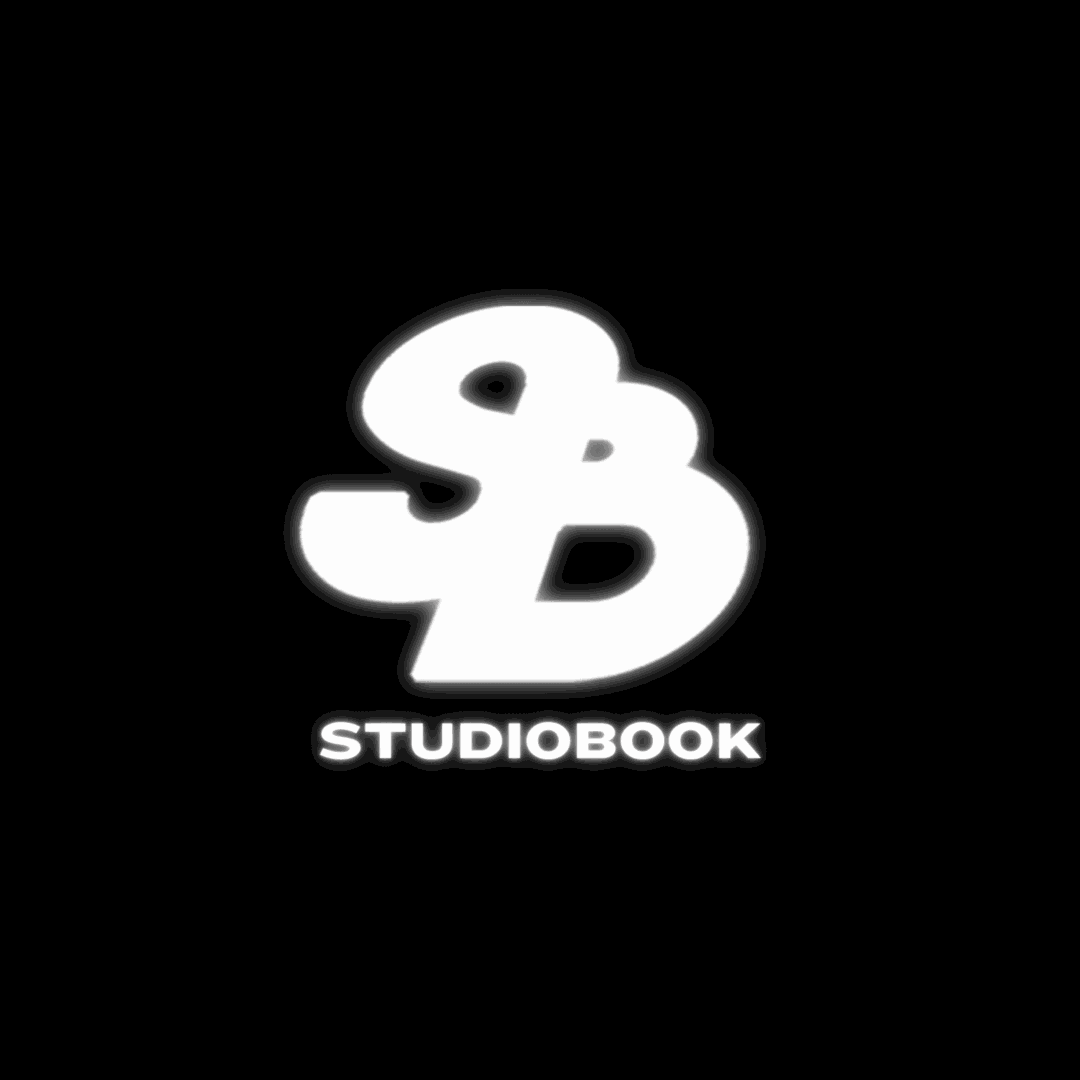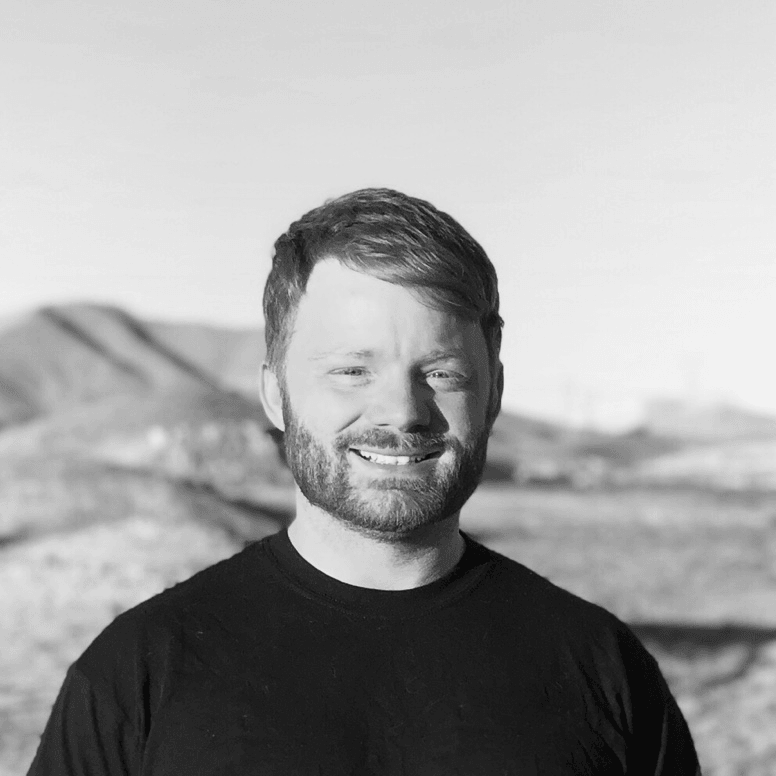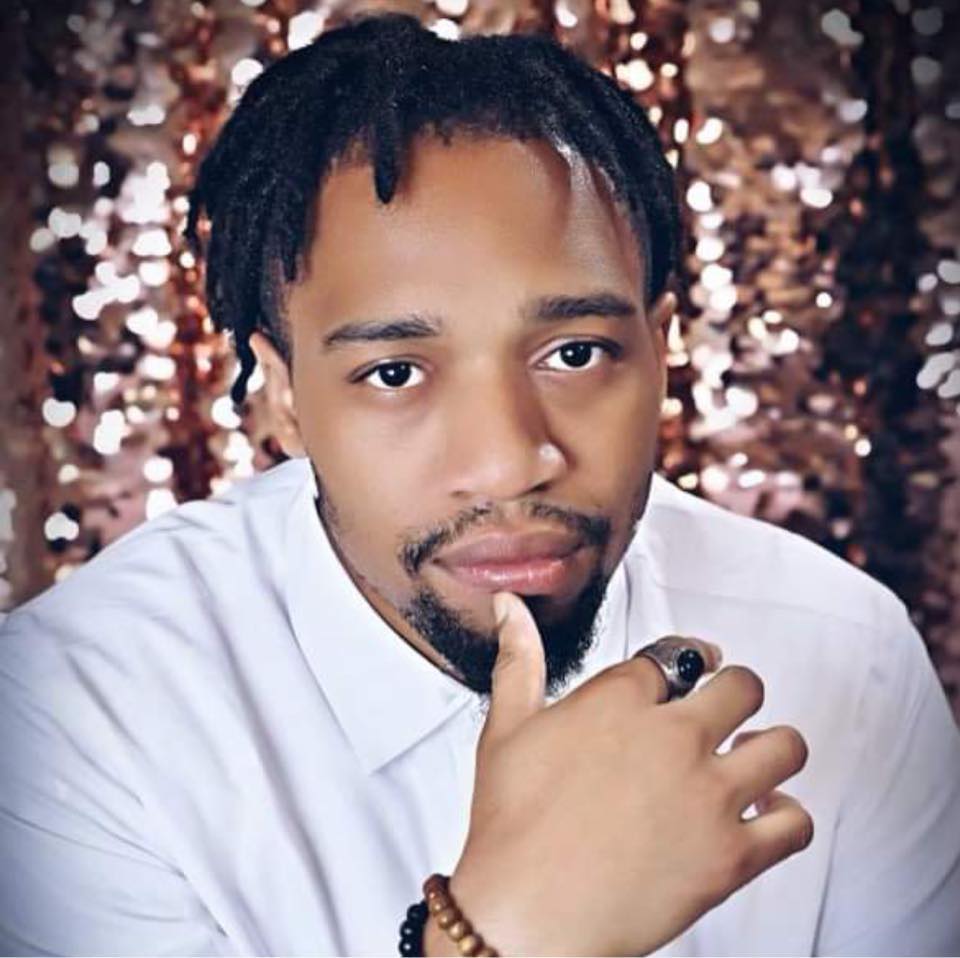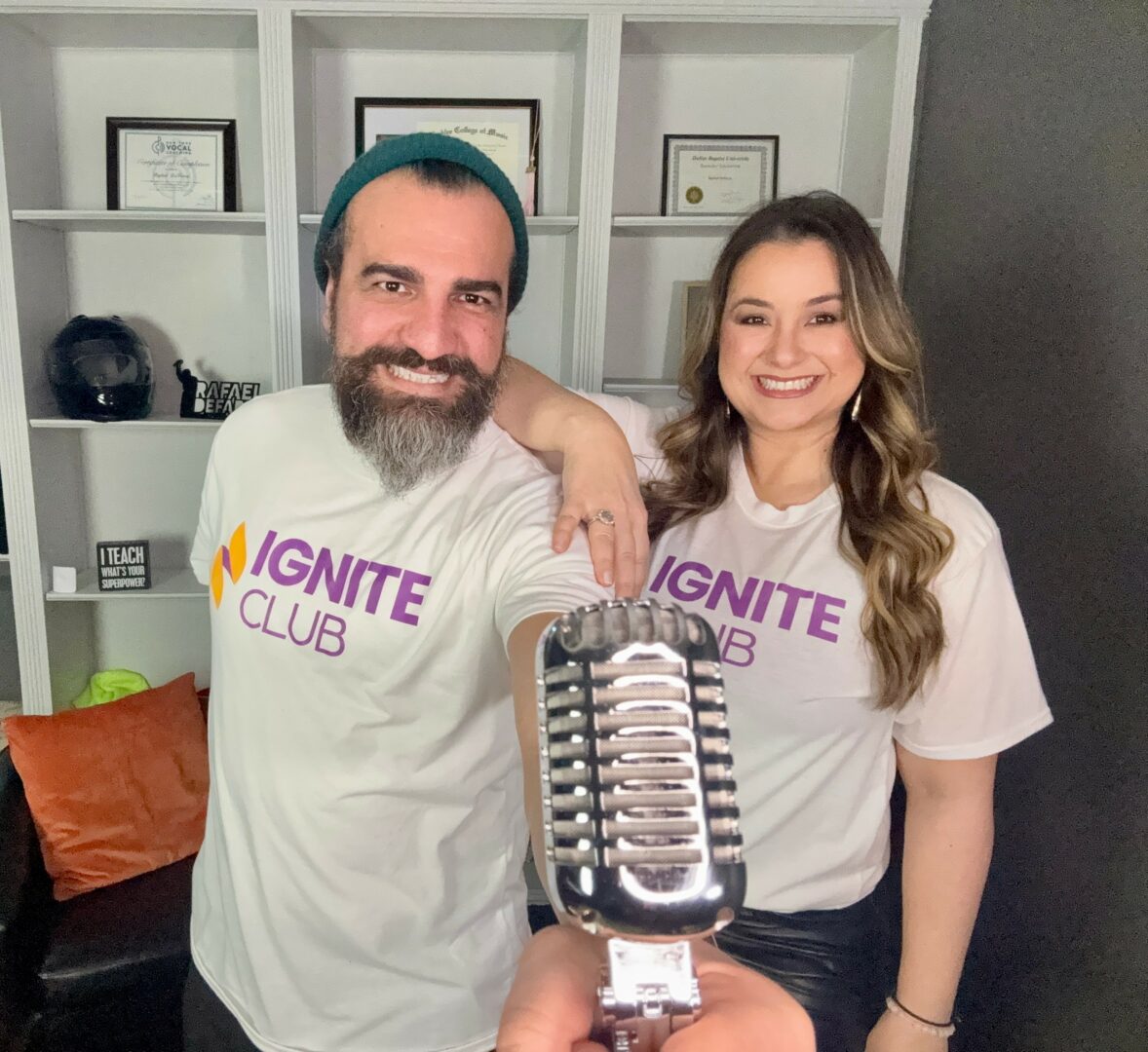We’re excited to introduce you to the always interesting and insightful James Mckenney. We hope you’ll enjoy our conversation with James below.
James, first a big thank you for taking the time to share your thoughts and insights with us today. I’m sure many of our readers will benefit from your wisdom, and one of the areas where we think your insight might be most helpful is related to imposter syndrome. Imposter syndrome is holding so many people back from reaching their true and highest potential and so we’d love to hear about your journey and how you overcame imposter syndrome.
Imposter syndrome hit’s home for me. I didn’t really have a traditional career. Most of my twenties were spent in various retail sales positions and I kind of fell into the tech industry accidentally in the back end of that decade. If I really think about it, those experiences outside of the tech industry are some of the reasons I think I developed some of my greatest skills, but it has also been a big source of my imposter syndrome. I don’t have a technical background, I’m mostly self-taught in everything, and I don’t have the technical knowledge that one might correlate with someone who does what I do. In moments, this has caused me to really second guess myself and even contemplate quitting on numerous occasions. Something I’ve really figured out with this, is that thoughts are just thoughts. Your brain is a thought machine and it is constantly churning out scenarios. A lot of these scenarios, you don’t even realize are being thought up, because they stay in your subconscious. However, negative intrusive thoughts are just like any other thought. They are temporary. If you put one foot in front of the other, even if you are taking baby steps, you will make it though. Once you’ve made it through many times (it’s definitely a painful process), imposter syndrome begins to affect you less and less as you just become more comfortable in your own skin. Just keep going.

Thanks for sharing that. So, before we get any further into our conversation, can you tell our readers a bit about yourself and what you’re working on?
I am the co-founder and CEO of StudioBook, which is the AirBnB of recording studios and recording professionals. Our marketplace is not only a great place to get more bookings, but it’s also a one-stop-shop booking tool.
As recording artists and music producers, my co-founder, Brendan Baar and I thought about how hard it was to book an open studio. You have to call them or email them. Many times they don’t return the calls or the emails get lost. In a time where we were also planning to launch our own recording studio, we thought that there had to be a better way to do this. That is how the idea behind StudioBook was born.

There is so much advice out there about all the different skills and qualities folks need to develop in order to succeed in today’s highly competitive environment and often it can feel overwhelming. So, if we had to break it down to just the three that matter most, which three skills or qualities would you focus on?
I think three qualities that helped with getting StudioBook going were Leadership, Resourcefulness, and Resilience. I built a lean team of folks who mostly worked for free. Getting people to work for nothing on an idea that isn’t theirs is a challenge, but if you have the ability to excite people about the vision and about the future and you treat them with empathy and respect, they will help you. This flows right into resourcefulness. If you don’t have money, that’s not an excuse anymore. There are SO many free tools that can be used in tandem to build you idea. It might be a manual process in the beginning, but I promise you that you can figure it out. Resilience might be the most important. Things aren’t always going to go your way and they are almost NEVER going to happen at the pace you want them to, but in the face of all of that with the added on stresses of what you have going on externally (Family, Finances, Life), you have to find a way to stay defiant in the face of wanting to quit.

What was the most impactful thing your parents did for you?
I grew up mostly with a single mom. My father passed when I was about 10 years old. I think the things my parents taught me the most was to just be nice to people. In business, many times you aren’t selling a product as much as you are selling yourself and your values. If you’re able to treat people with respect and empathy first, that alone will take you a long way.
Contact Info:
- Website: https://studiobook.io
- Instagram: @studiobook.io
- Linkedin: https://www.linkedin.com/company/studiobookindy/

so if you or someone you know deserves recognition please let us know here.




